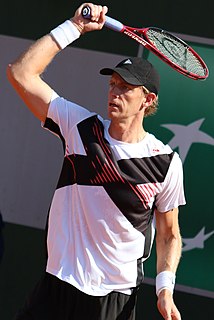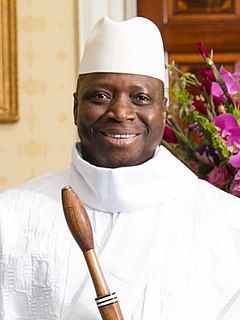A Quote by Oliver Tambo
We believe that the world, too, can destroy apartheid, firstly by striking at the economy of South Africa.
Related Quotes
When I was in government, the South African economy was growing at 4.5% - 5%. But then came the global financial crisis of 2008/2009, and so the global economy shrunk. That hit South Africa very hard, because then the export markets shrunk, and that includes China, which has become one of the main trade partners with South Africa. Also, the slowdown in the Chinese economy affected South Africa. The result was that during that whole period, South Africa lost something like a million jobs because of external factors.
In general, Iranians believe that all Palestinians have the right to return home and that there is no chosen people on this earth, whether Jewish, Muslim, Christian. Iran had the same policy towards apartheid South Africa and at the time when it was supporting and funding the ANC [African National Congress] among other groups in South Africa, these groups were also considered to be terrorist organizations by many western governments.
It is considered in England and the United States that the Government of South Africa is altogether too harsh with its native peoples. It is sadly humorous to notice that the native in South Africa, however, holds an exactly reverse opinion and the fault he finds with the South African Government is that it is far too lenient in its administration of laws throughout the native populace.

































